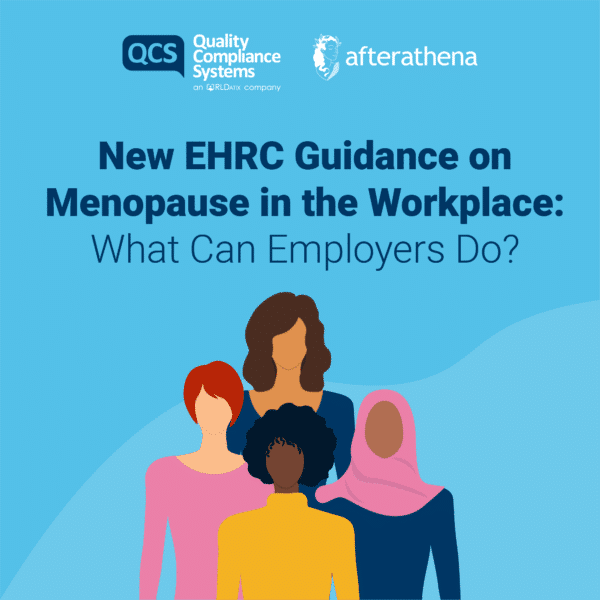The Equality and Human Rights Commission (EHRC) recently published guidance for employers on menopause. The guidance sets out employers legal obligations and also practical advice as to how to support affected women in the workplace.
Legal obligations
Under the Equality Act 2010, employers have specific legal obligations not to discriminate against employees, including on grounds of age, sex, and disability. In addition, employers are under a duty to make reasonable adjustment for employees who are disabled. Employers are also legally required to assess workplace risks, and this includes considering the impact of menopause symptoms on employees’ well-being.
If menopause symptoms are long term and substantially affect a woman’s ability to carry out day-to-day activities, it may be considered to be a disability. In such cases, employers must make reasonable adjustments for affected employees. Those employers who don’t consider making reasonable adjustments or discriminate against women because of their menopause face potential employment tribunal claims. The guidance also warns employers of taking disciplinary action against women who are affected by menopause and applying policies which could be indirectly discriminatory.
What can employers do?
- Raise Awareness: Employers are encouraged to educate managers and staff about menopause and its effects. It’s important the employees understand the impact that this can have on women and that women are reminded of the support available to them
- Communication: Encourage employees to be open about their needs. Fostering open conversations can reduce the stigma and create a safe place where women may feel more willing to approach managers about any concerns they have and ask for adjustments. Employers could look to introduce Menopause Champions, who are trained designated individuals within the workplace who can provide support to their colleagues, or employers could provide safe spaces for women in the workplace to discuss their experiences together as a supportive network
- Reasonable Adjustments: Employers should identify individual needs and provide appropriate adjustments. The EHRC guidance suggests that possible adjustments could include flexible working hours, providing rest areas, modifying workloads, managing the temperature within the workplace, recording menopause related absences separately to other absences, and/or relaxing uniform requirements
- Training: Train managers and senior employees to recognise menopause symptoms and respond empathetically and support women who are affected by menopause. It’s important that managers and senior employees also understand an employer’s obligations under the Equality Act 2010 and the potential ramifications
- Policy Review: Review existing policies to ensure they address menopause-related issues and consider including menopause-specific provisions or policies which provides guidance and support available
- Risk Assessment: Employers are under an obligation to conduct an assessment of their workplace risks, as part of this it may be good practice to consider ventilation and workplace temperature
Supporting menopause within the workplace benefits both the employee and employers. By understanding legal obligations and implementing practical measures, organisations can create an inclusive environment where women feel valued and empowered, which will ensure that more women remain within the workplace.






